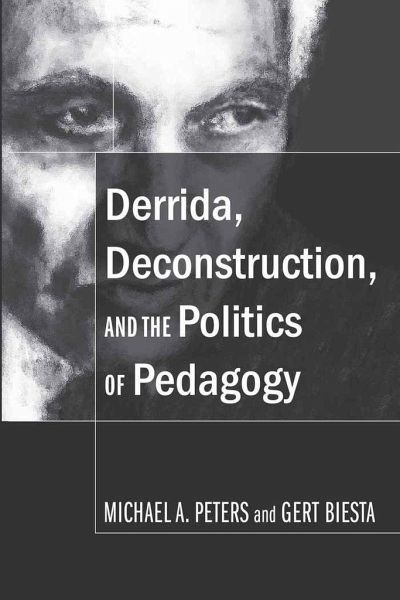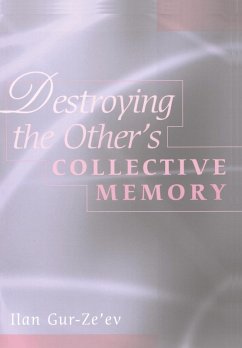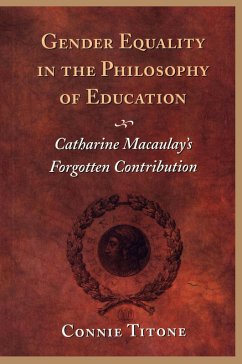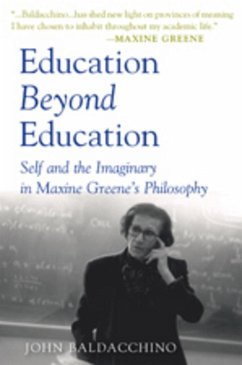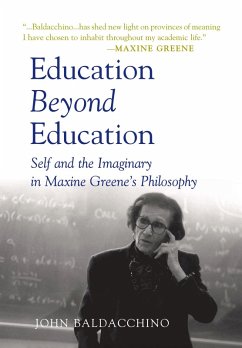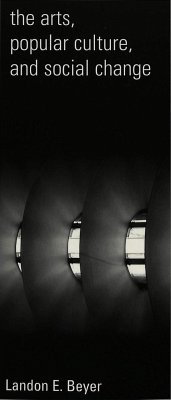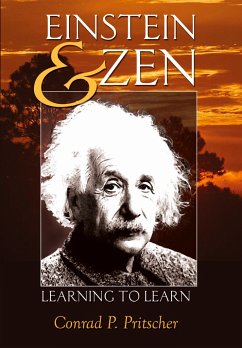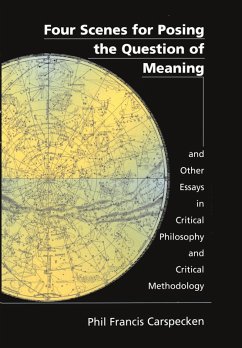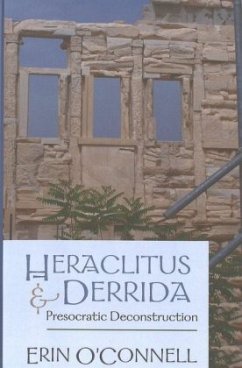The Authors: Michael A. Peters (mpet001@uiuc.edu) is Professor of Education at the University of Illinois at Urbana-Champaign. He completed his Bachelor¿s degree in English Literature and an honors degree in Geography, before attaining a teaching diploma and thereafter teaching in New Zealand high schools for seven years, the last two as head of department. While teaching, he completed a major for a Bachelor of Science in Philosophy and returned full time to complete his Master in Philosophy, with first class honors, and Ph.D. in Philosophy of Education, with a thesis on the philosopher Ludwig Wittgenstein. He has just completed a second book on the subject entitled Wittgenstein as Pedagogical Philosopher (2008) with Nick Burbules and Paul Smeyers. He held a personal chair at the University of Auckland, NZ (2000-2003) and was Research Professor at the University of Glasgow, UK (2000-2005), as well as numerous posts as adjunct and visiting professor throughout the world. He is the executive editor of Educational Philosophy and Theory and editor of two international e-journals, Policy Futures in Education and E-Learning, and sits on the editorial board of over fifteen international journals. He has written over thirty-five books and three hundred articles and chapters, including, most recently, the following: Global Citizenship Education (2008), Global Knowledge Cultures (2007), Subjectivity and Truth: Foucault, Education and the Culture of Self (Peter Lang, 2007), Why Foucault? New Directions in Educational Research (Peter Lang, 2007), Building Knowledge Cultures: Educational and Development in the Age of Knowledge Capitalism (2006), and Knowledge Economy, Development and the Future of the University (2007). He has strong research interests in distributed knowledge systems, digital scholarship, and e-learning systems and has acted as an advisor to government on these and related matters in Scotland, New Zealand, South Africa, and the EU. Gert Biesta (www.gertbiesta.com) is Professor of Education at the Stirling Institute of Education, University of Stirling, Scotland, UK, and Visiting Professor for Education and Democratic Citizenship at Örebro University and Mälardalen University, Sweden. He conducts theoretical and empirical research and is particularly interested in the relationships between education, democracy, and democratization. He has published on the philosophy and methodology of educational research; relationships between research, policy, and practice; theories of education; democratic learning in everyday settings; vocational education and lifelong learning; teachers¿ professional learning; and the civic role of Higher Education. His recent books include Derrida & Education (coedited with Denise Egéa-Kuehne; 2001), Pragmatism and Educational Research (with Nicholas C. Burbules; 2003), Beyond Learning: Democratic Education for a Human Future (2006), Improving Learning Cultures in Further Education (with David James; 2007), Democracy, Education and the Moral Life (coedited with Michael Katz & Susan Verducci; 2008), Contexts, Communities and Networks (coedited with Richard Edwards & Mary Thorpe; 2008).
